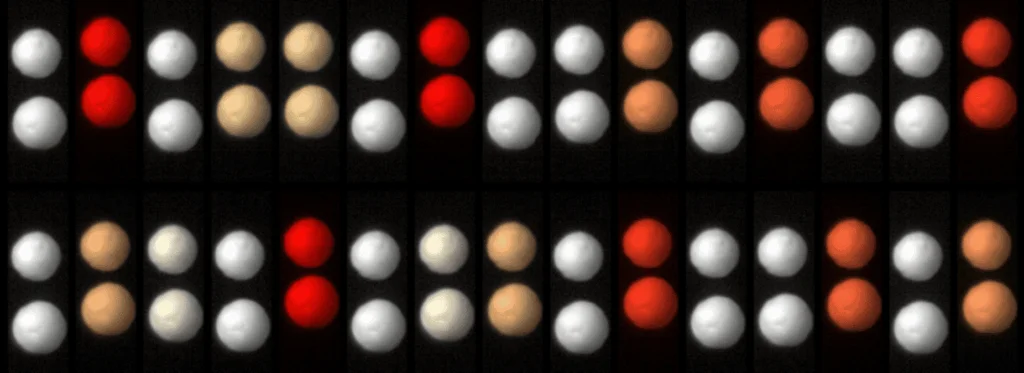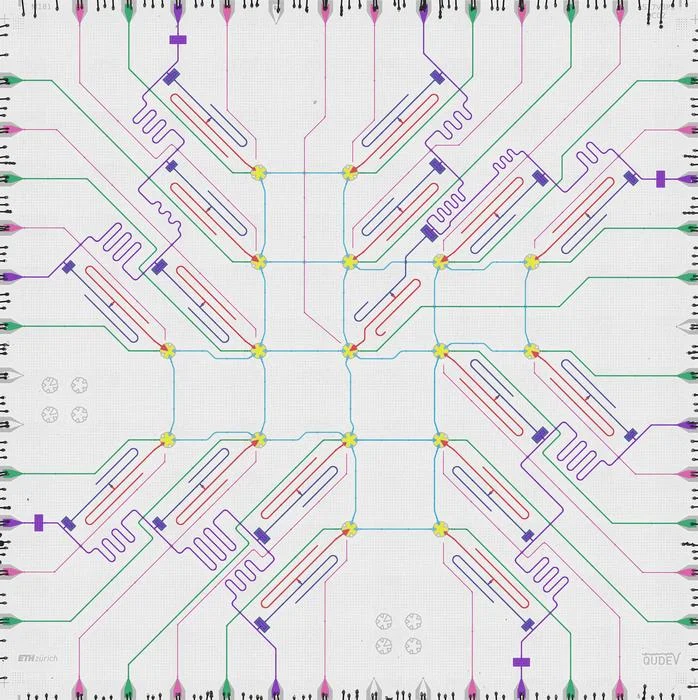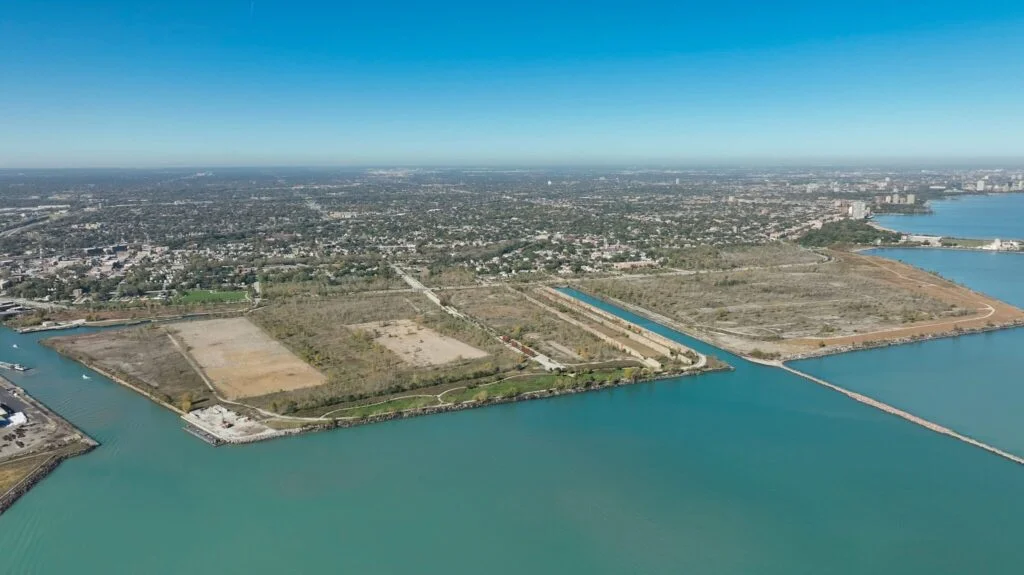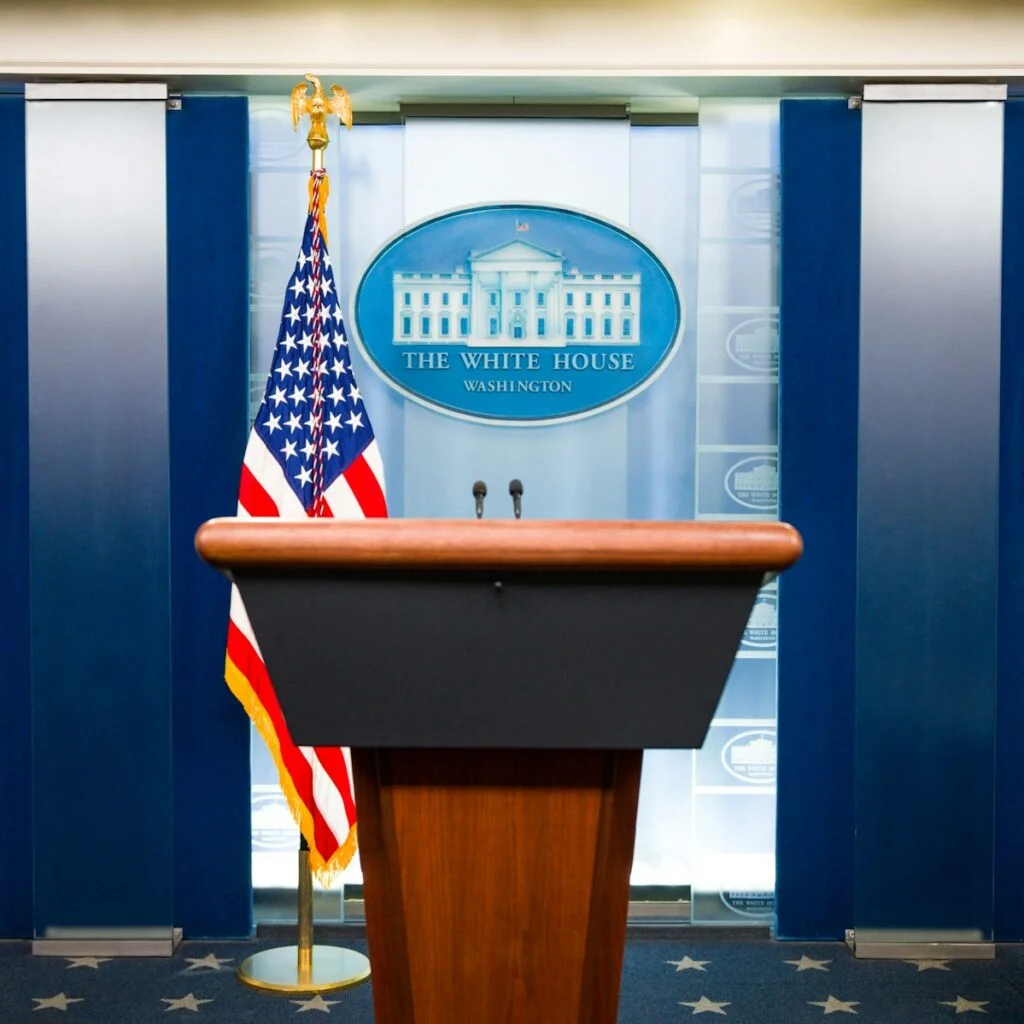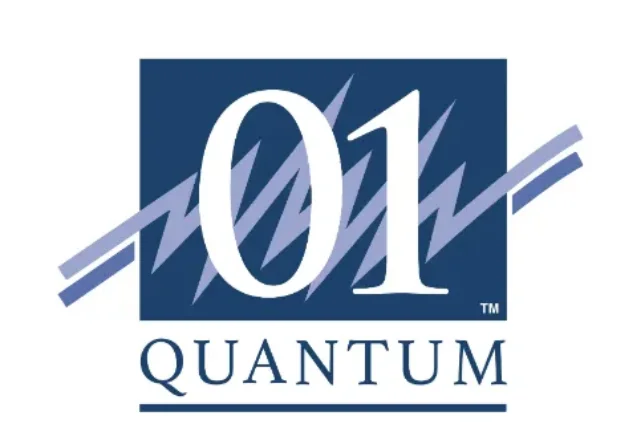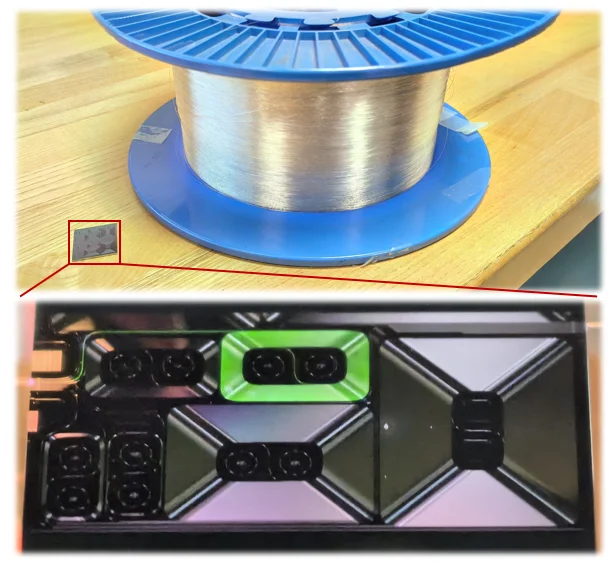Insider Brief:
- In collaboration with D-Wave and QuantumBasel, Hermes Germany is testing quantum annealing to optimize delivery logistics.
- This approach encodes logistics challenges into a quantum system, simultaneously evaluating solutions to efficiently manage routing, scheduling, and constraints.
- The project compares quantum and classical systems using key metrics like route length, delivery time, and reduced manual intervention, with the proof of concept phase set to conclude in six months.
As the clock ticks down to the holidays and anxious eyes track the routes of last-minute deliveries, hoping for a glitch in the fabric of time, Hermes Germany, a major logistics provider, is turning to quantum computing to untangle the complexities of delivery. According to a recent article from EE Times Europe, Hermes Germany, in collaboration with D-Wave and QuantumBasel, is actively experimenting with quantum technology to determine if it might outperform traditional systems for delivery logistics. With the holidays presenting an avalanche of parcels across delivery lines internationally, this experiment could be the delivery miracle that fulfills many a wish list.
Unwrapping Quantum Solutions for All-Year Cheer
Santa might have a sleigh, but Hermes Germany faces a far more complex task: managing 17,000 parcel shops and 50 depots across the country to ensure timely deliveries. During the holiday season, when gift orders pile akin to snowdrifts, this challenge surely becomes even more daunting.
Traditional computing methods struggle to handle the complexity of variables—customer availability, traffic patterns, vehicle capacities, and countless others. As Matteo Krummenacher, delivery manager for quantum computing and AI at QuantumBasel, explained, “When you add up all the hard and soft constraints, the problem becomes increasingly difficult for a classical computer.”

These constraints form the backbone of logistics optimization. Hard constraints, such as ensuring vehicles start and end at designated depots, must be followed without exception. Meanwhile, soft constraints, like adjusting for fluctuating traffic or delivery times, require flexible estimations. Together, they create a puzzle reminiscent of the Traveling Salesman Problem, where finding the shortest route grows exponentially harder as more destinations and conditions are added.
Enter quantum annealing, a quantum computing approach tailor-made for optimization problems like these. Unlike classical algorithms, which tackle such challenges sequentially, quantum annealing encodes the entire problem into a quantum system. This system seeks out the optimal solution by cooling—or “annealing”—to its lowest energy state. For Hermes Germany, this means the potential to manage complex routing and scheduling decisions more efficiently, even under the pressure of seasonal surges.
By partnering with D-Wave and QuantumBasel, Hermes Germany is testing whether quantum annealing can do what classical systems cannot: deliver solutions at a scale and speed that meets the demands of modern logistics. It’s a step toward not just overcoming seasonal challenges but redefining what’s possible in delivery optimization overall.
The Hermes quantum project is divided into two phases: proof of technology and proof of concept. The first phase, completed in August, established the feasibility of integrating quantum methods with Hermes’ logistics. The ongoing proof of concept phase, expected to last six months, will compare quantum results to classical solutions using three KPIs: route length, delivery time, and the need for manual intervention. “The classical solution requires pre-processing and post-processing that we don’t expect to be necessary with what we are doing,” Krummenacher explained.
Scaling Up for the Logistics Industry
If successful, Hermes’ quantum solution could deliver more than just packages—it could provide a scalable model for the logistics industry at large. “Once we have figured this out, it will have enormous potential for the logistics industry,” Krummenacher emphasized.
This project exemplifies one of the possible and practical, near-term applications of quantum computing, particularly in optimization tasks. With annealing technology designed to complement classical systems, Hermes Germany may one day prevent the inevitable logistical snags that can stop holiday deliveries in their tracks. But until that day, best to stay proactive in making it to the postal service ahead of time this part of year.










